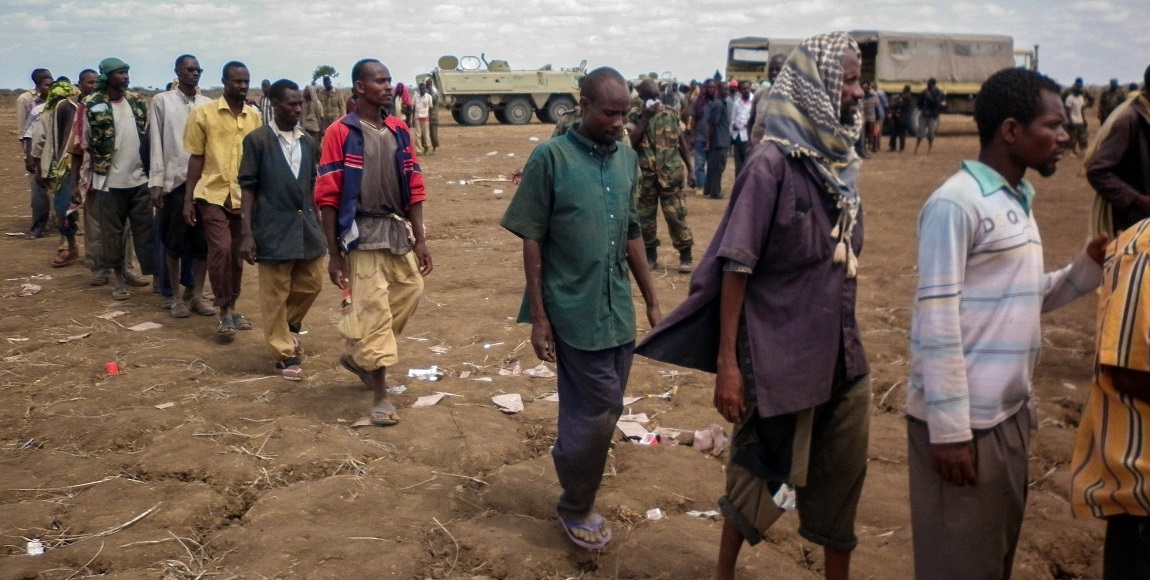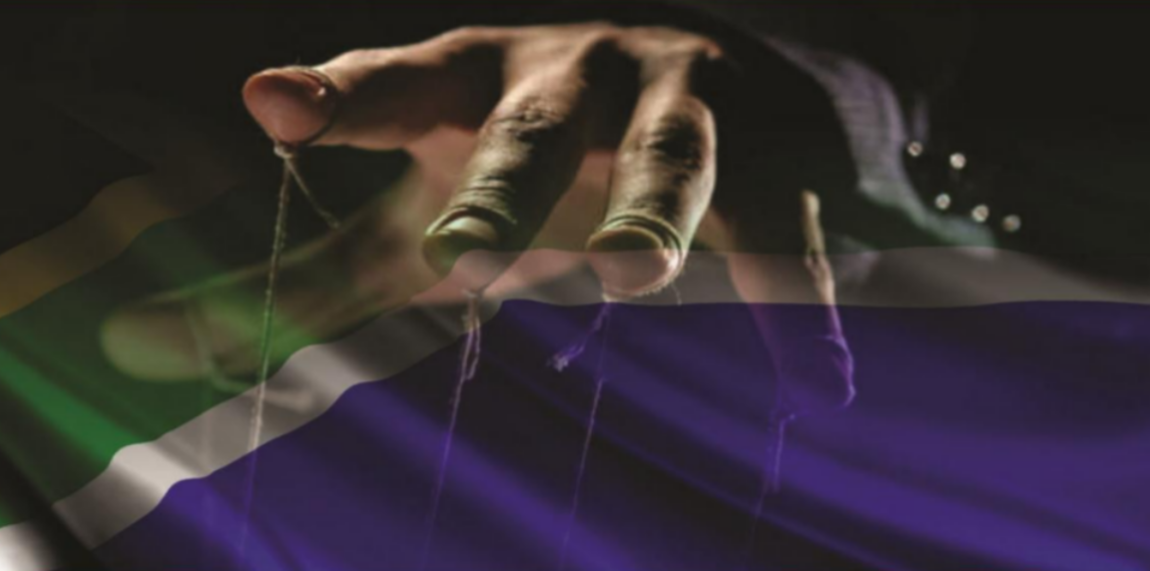The attack on Mogadishu may not have been targeted at civilians but the government.
A blast hit the centre of the Somali capital city on Saturday resulting in over 300 casualties. (The number of fatalities is increasing.) A truck with several hundred kilograms of military-grade and homemade explosives exploded.
The East African jihadist fundamentalist group Harakat al-Shabaab al-Mujahideen (commonly known as Al-Shabaab) has not claimed responsibility but all fingers are pointing at them. The group first emerged in 2006 and was known for being the radical, youth faction within the Islamic Courts Union (ICU). ICU gained control of the capital but were defeated by US-supported Ethiopian troops. ICU was driven out and what was left of Al-Shabaab hid in Kenya.
The Transitional Federal Government which was set up in 2004 and protected by Ethiopian troops withdrew from several parts of the country some four years later, allowing al-Shabaab to move back in.
Al-Shabaab took control of the capital for a short while in 2010 and has carried out several other attacks.
Early this year, newly elected president of the country, Mohamed Abdullahi Mohamed promised to tackle instability in the country. And people were hopeful.
Then came October 14: eight months after the new president comes into power a bomb goes off killing over 300 people.
But the the high civilian casualty was not what Al-Shabaab intended for, according to political analyst, Ryan Cummings. “If anything, it is probably the worst potential outcome for the group,†he said.
He said this was a botched attack which was aimed at government and security installations in Mogadishu. “Due to a combination of things like the fact that there has been an increase of securitisation of the Somali capital, they were unable to access their target and that’s why the truck bomb was detonated at the K5 Junction,†he said.
He said this could probably be the reason for Al-Shabaab having not claimed responsibility. “The fallout for the group is going to be significant which we saw in the immediate aftermath of the bombing because of the spontaneous protests that took place against Al-Shabaab,†Cummings said.
Not only has al-Shabaab failed to claim responsibility for the attack, but its former deputy leader and spokesperson Sheikh Mukhtar Robow (also known as Abu Mansur) condemned the attack as “irreligious†and “heartlessâ€, according to the Associated Press.
Al-Shabaab’s aim is to govern, Cummings said. “You can’t effectively govern the same people you are massacring… the group, during Somalia’s periods of instability, was able to govern parts of Somalia with a degree of success as opposed to other insurgent movements that were looking to topple state structure,†he said.
He said there are still some towns governed by Al-Shabaab which does speak to the group not looking to antagonise a population. “There are government structures in place and they even have days where festivals are celebrated… it’s all under Sharia law,†he said.
The mass violence against civilians was also going to put the group under a lot of pressure from parent body, Al-Qaeda who provides a lot of funding, training and equipment. “Al-Qaeda has been at pains to specifically call upon it’s various affiliates to limit their attacks on Muslim civilians because it is almost unjustifiable,†he said.
Cummings said this was not a show of strength but a botched attack which shows an improved security dynamic. “Targets [which] al-Shabaab was able to access with a degree of regularity in the past like the foreign ministry… and hotels where diplomats are staying. The hotels have better security than some government facilities enjoy,†he said.
The president declared three days of mourning on Sunday. The death toll is expected to go up over the coming days as people are still busy. Some bodies are being buried in mass graves.









